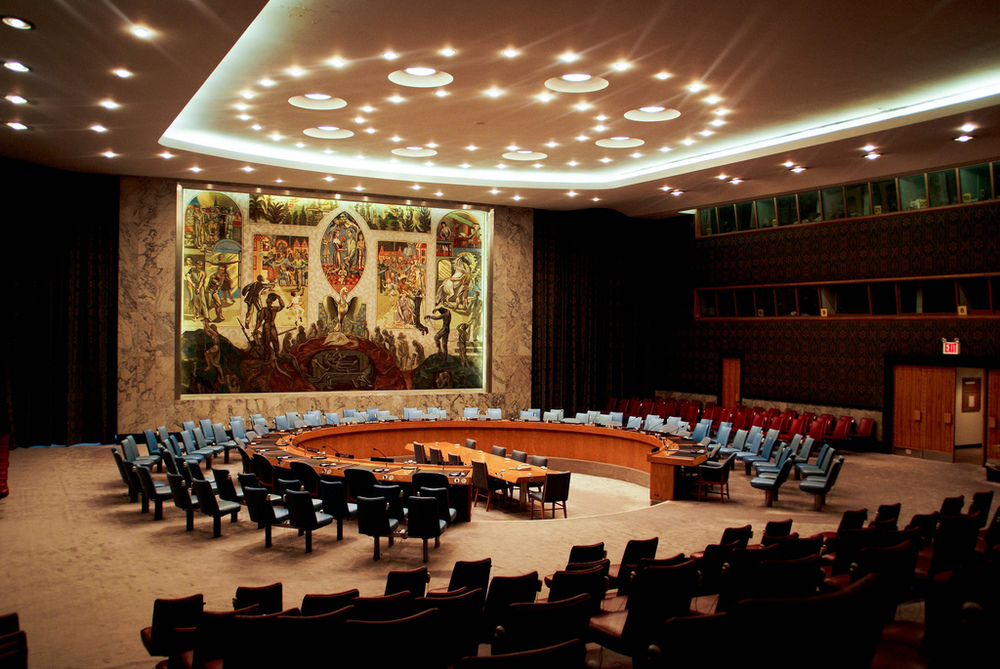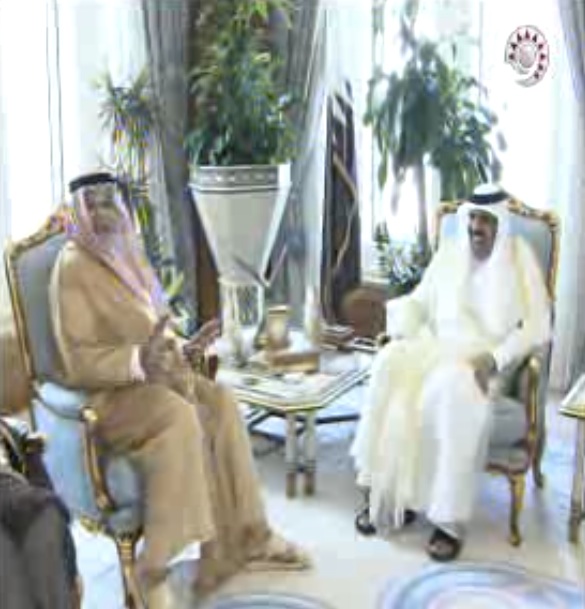
Saudi Arabia on Friday rejected a seat on the UN Security Council only few hours after it was elected to the body, saying the Council has failed in its duties toward Syria and other international conflicts.
The Foreign Ministry said in a statement carried by the official Saudi Press Agency that the Kingdom “announces its apology for not accepting membership of the Security Council until the Council is reformed and enabled, effectively and practically, to carry out its duties and responsibilities in maintaining international peace and security.”
Allowing the ruling regime of Bashar al-Assad in Syria to kill its own people by chemical weapons without taking action against it, the statement said, is “irrefutable evidence” that the Council needs reform in order to be able to carry out its responsibilities.
The statement also said the Council has failed to resolve the Palestinian-Israeli conflict over the past decades and has failed to transform the Middle East into a zone free of weapons of mass destruction.
After Saudi Arabia was elected on Thursday to become one of the 10 nonpermanent members on the Council, the country’s UN Ambassador Abdallah al-Mouallimi said Saudi election was “a reflection of a longstanding policy in support of moderation and in support of resolving disputes by peaceful means.”
The dramatic difference in tone between his statement and the Foreign Ministry statement today suggests that the Saudi Mission to the UN was in the dark about the ministry’s decision to reject the seat.
The Mission had spent a considerable time and effort to lobby for the position. A dozen of Saudi diplomats were also sent to Columbia University’s School of International and Public Affairs in New York to take a special program designed to train them to work in the Security Council once Saudi Arabia is elected.
Saudi rejection of the seat is a strong indication of the country’s frustration with the Council’s record on Syria. Last month the Saudi foreign minister canceled a speech to the General Assembly citing the same reasons.
In February 2012 the Saudi king gave a rare speech criticizing Russia and China for vetoing a resolution on Syria at the United Nations Security Council. “We are going through scary days and unfortunately what happened at the United Nations is absolutely regrettable,” King Abdullah said in a brief address aired on state television.
Photo courtesy of Zack Lee via Flickr
